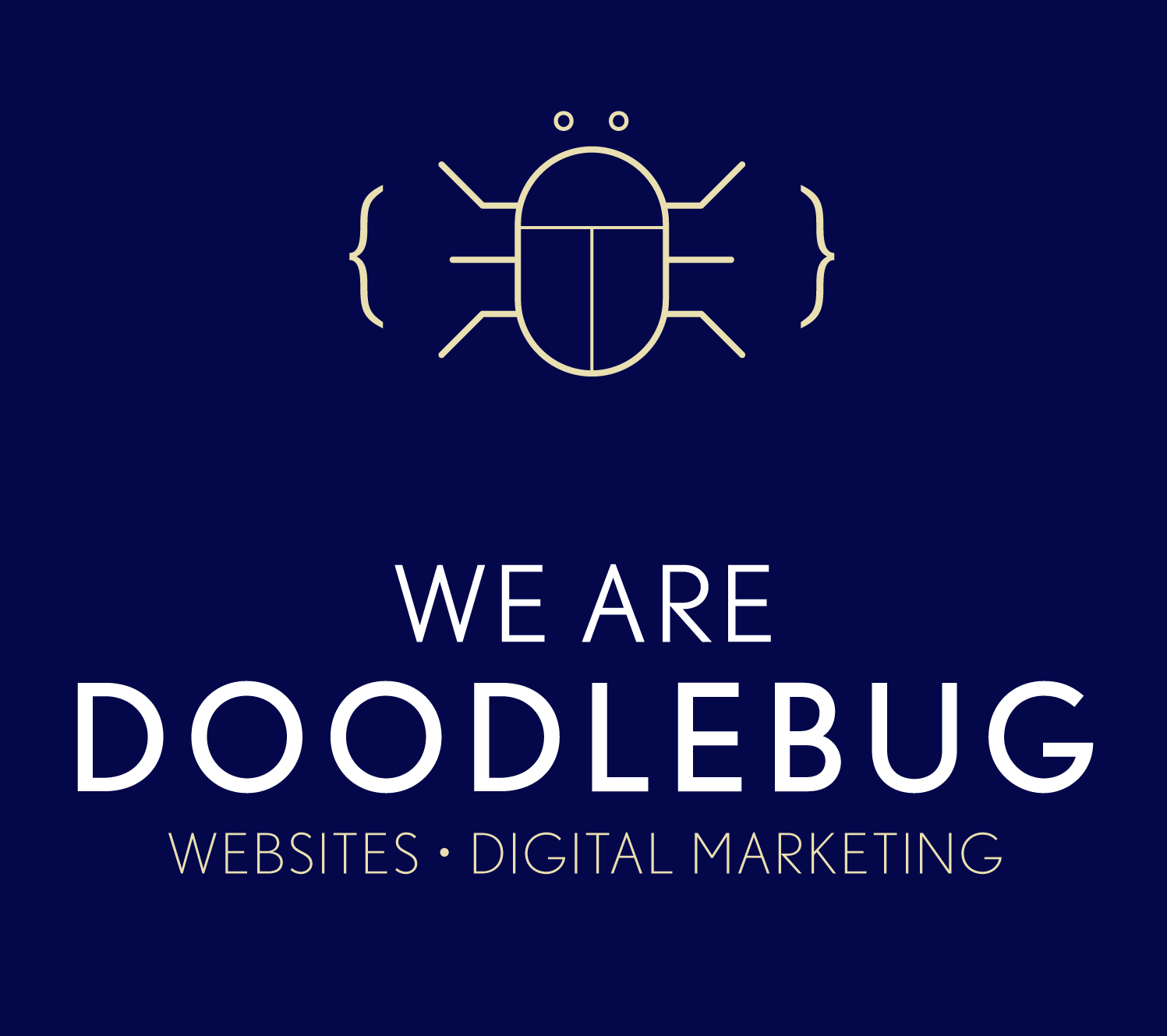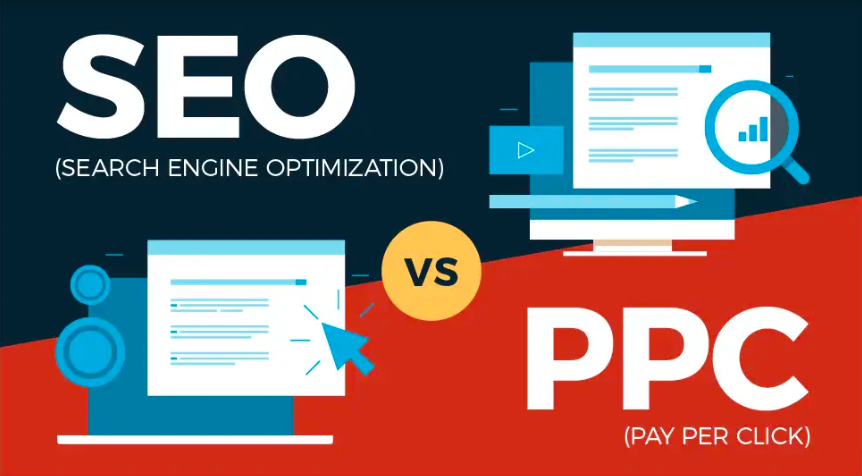Why is responsive web design important and what is its impact on user experience?
The Importance of Responsive Website Design and Its Impact on User Experience

Introduction
In today's digital age, where online presence is crucial for businesses, having a responsive website design has become more important than ever. Not only does it enhance the user experience, but it also plays a vital role in search engine optimisation (SEO). In this blog post, we will explore the significance of responsive website design and its impact on user experience for small to medium-sized businesses.
1. What is Responsive Website Design?
Responsive website design refers to the practice of building websites that adapt and respond to different screen sizes and devices, providing an optimal viewing experience for users. Whether visitors access your website on a desktop, laptop, tablet, or smartphone, a responsive design ensures that the layout, content, and functionality remain consistent and user-friendly.
2. Enhanced User Experience
One of the primary reasons why responsive website design is crucial for businesses is its direct impact on user experience. When visitors can easily navigate and interact with your website across various devices, they are more likely to stay longer, explore different pages, and engage with your content. This positive user experience leads to increased conversions, reduced bounce rates, and improved customer satisfaction.
3. Mobile-First Approach
A responsive website design follows a mobile-first approach, meaning it is designed and optimised for mobile devices first and then adapted to larger screens. This approach ensures that your website is accessible to the ever-growing number of mobile users. By providing a seamless experience across devices, you not only cater to your mobile audience but also improve your search engine rankings, as search engines value mobile-friendly websites.
4. Search Engine Optimisation (SEO) Benefits
Responsive website design plays a vital role in search engine optimisation. When your website is responsive, it creates a consistent user experience across different devices, which is a factor search engines consider when determining rankings. Moreover, having a single URL for your website makes it easier for search engine bots to crawl and index your content, boosting your visibility in search engine results pages (SERPs). A higher ranking leads to increased organic traffic and better chances of reaching your target audience.
5. Cost and Time Efficiency
Investing in a responsive website design can save small to medium-sized businesses both time and money in the long run. In the past, businesses used to create separate versions of their websites for desktop and mobile, which required additional development and maintenance efforts. With responsive design, you can have a single website that automatically adjusts to different devices, eliminating the need for multiple versions and reducing ongoing maintenance costs.
6. Future-Proofing Your Website
Technology is constantly evolving, and new devices with varying screen sizes are introduced regularly. By implementing a responsive website design, you future-proof your online presence. Your website will be prepared to adapt to any new devices that emerge, ensuring a seamless user experience for your audience, regardless of the device they use.
Conclusion
In today's digital landscape, a responsive website design is a necessity for small to medium-sized businesses. It enhances user experience, boosts search engine optimisation, and helps you stay ahead of the competition. By investing in a responsive design, you can create a user-friendly website that attracts and engages visitors, ultimately driving conversions and achieving business success.
Remember, the key to a successful website lies in providing an optimal user experience across all devices. So, embrace responsive website design and unlock its potential to create a lasting impression on your audience.
We Are Doodlebug - Blog


















